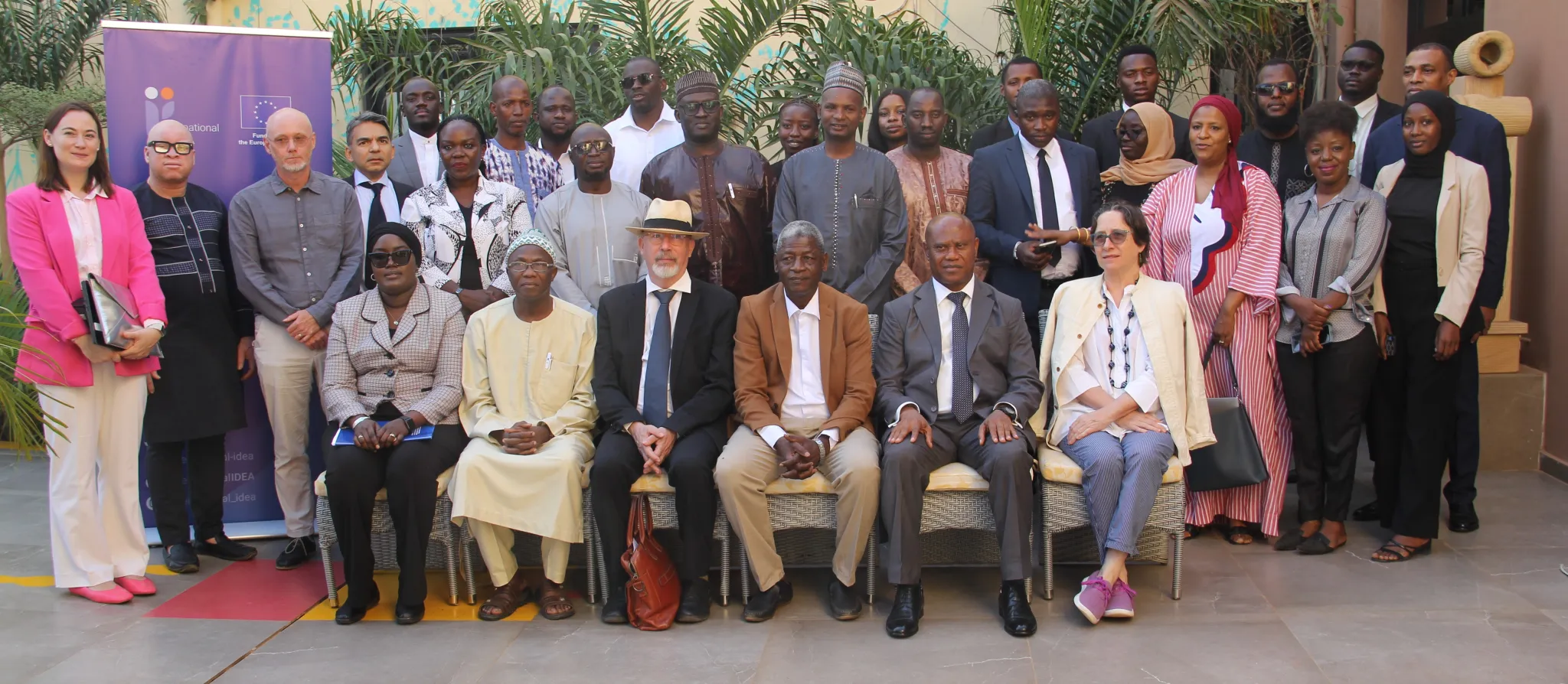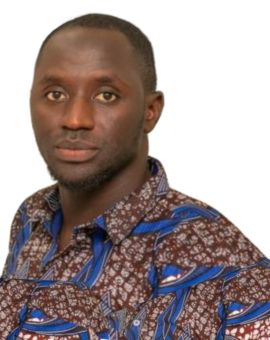National Assembly Members undergo a training on constitution-building in The Gambia

Adopting a new constitution to fully reflect the new democratic principles on which The Gambia is building its new political system represents the mother of all reforms. The constitution indeed establishes and regulates the political institutions of the country and the relations between them.
After an unsuccessful attempt in 2020, organized efforts to bring constitutional reform back to the table of discussions have resumed. The President of the Republic, political parties and leaders, as well as NAMs are fully mobilised again in a process that shall lead to a new constitution.
It is in this context that the European Union and the International Institute for Democracy and Electoral Assistance (International IDEA), in collaboration with the National Assembly of The Gambia, organised, from 12-13 February 2024, a two-day training in Banjul. The aim of the training, aimed for National Assembly Members, was to strengthen their methodologic and legal tools to analyse and review the constitution.
The session was attended by a total of 25 participants, comprising seven women and 18 men. Among them, 4 women and 16 men represented the National Assembly and the Standing Committee on Human Rights and Constitutional Matters, while three women and two men were from the Ministry of Justice. Haddy Dandeh Jabbie and Abubakar Siddique Kabbah served as thematic advisers of the Human Rights Standing Committee.
The EU Ambassador to The Gambia, H.E Corrado Pampaloni, emphasized the significant task of constitutional reform, the essence of consensus building, and a deep sense of responsibility that cannot be overstated for the Members of the Standing Committee on Human Rights and Constitutional Matters.
Honorable Madi Ceesay, Chairperson of the Committee, said the meeting was important because of members of the previous committee who were capacitated by International IDEA, only two were able to make it back to the National Assembly.
“On that note, this session represents an opportunity for the new ones to build and strengthen their capacity in the constitutional reform process and avail them of the chance to be able to scrutinize and assess the bill when it's brought to them at the committee stage,” he said.
Honourable Ceesay urged the participants to take this first phase of capacity building with utmost seriousness and full commitment in anticipation of the Constitutional Bill that will be table before them in due time.
In her opening remarks, Jainaba Faye, International IDEA's Head of Office in The Gambia, said the meeting was convened not only to strengthen the capacity of the Human Rights Committee but to accompany the National Assembly through the entire constitution-building process; share comparative experiences and lessons learned in the constitutional reform process and develop the skills of the participants on a human rights-based approach in constitution-making.
All participants underwent the training with a high sense of responsibility. At the end of the session, they expressed the urge to remain committed to the constitution-building process all along by ensuring that they live up to their responsibilities when the bill reaches the committee stage.




